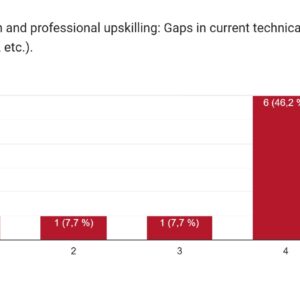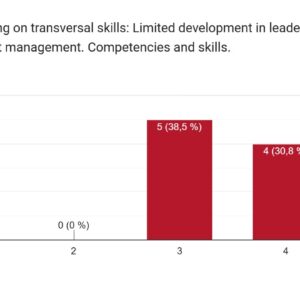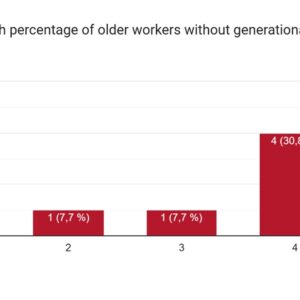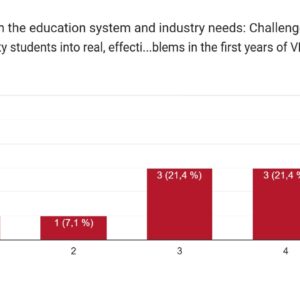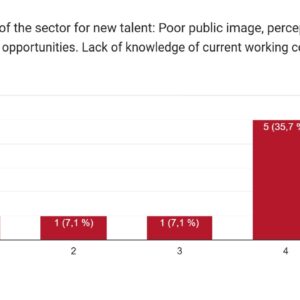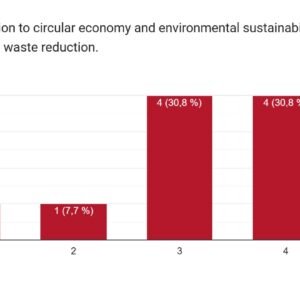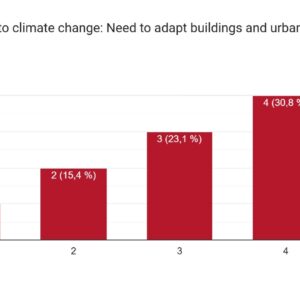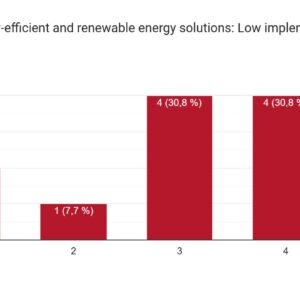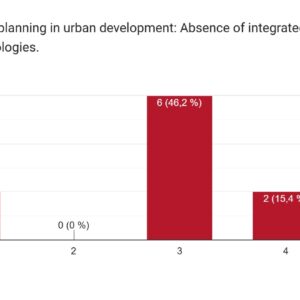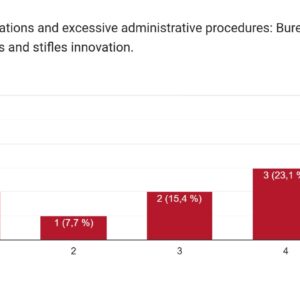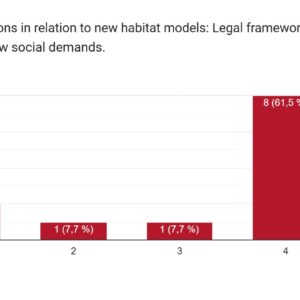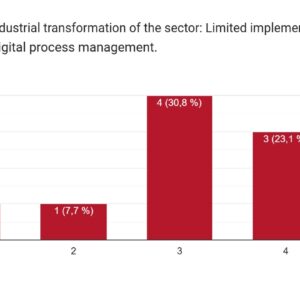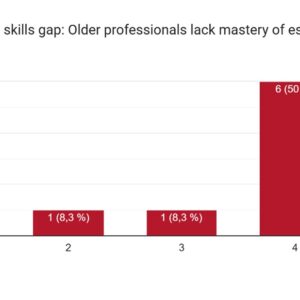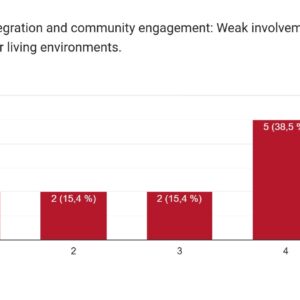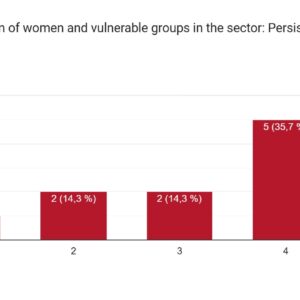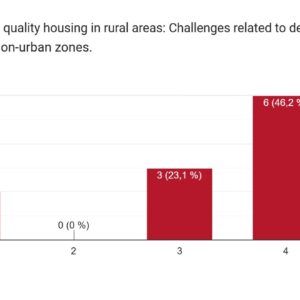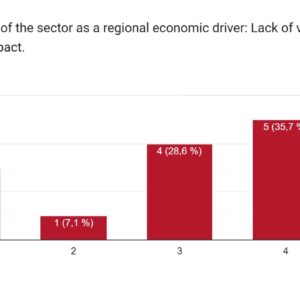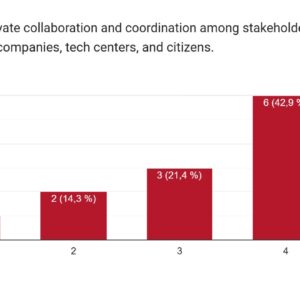-
Jesus | AEICE posted in the group Skills Ecosystem Innovation TANK
The survey carried out within the framework of the HABITABLE project aimed to identify the competencies and skills that are considered a priority to reinforce the concept of habitat. The participation has been very positive, and the results guide us on the areas of training and improvement that are most in demand.
The following report presents the data collected through a survey conducted with the aim of identifying the six main challenges facing the Habitat sector. This analysis is part of the HABITABLE project and seeks to provide a clear overview of the priority challenges to guide future actions in the sector.
*Overall Results*
The survey collected a wide variety of proposals, covering both technical skills and transversal competences. Among the most selected options are those related to sustainability, community management and the use of new technologies, in line with current trends towards a more resilient and sustainable habitat.
Challenges of interest to you that are not in the list.
1. To incentivate and promote (at regional and nacional level) intermidiate professions in the habitat sector to close the gap between workforce and higher degree professionals (architects, engineers..)
2. Building Assembly Manufacturing
3. Renovation
4. We have an answer with two information points:
1. Lack of integration of the preservation aspect of cultural/historical-related buildings. Lack of cross-sectoral partnerships to include this aspect of the building sector – related to buildings of historical value in the VET curricula.
2. Tendency for undeclared/uninsured work in the building sector, leading to extended working hours and lack of legal protection of workers. This also results to difficulty in recording and collecting actual data on the habitat sector conditions and needs.________________________________________
Conclusion: The 6 Most Voted Challenges
After analysing the answers, these are the six challenges most voted for by the group:1. Shortage of skilled labor: Difficulty in finding personnel with specific technical training.
2. Deficiency in training in transversal skills: Limited development of leadership, communication, teamwork and project management. Competencies and skills.
3. Aging of the workforce: High percentage of older workers without generational renewal.
4. Disconnection between the education system and the needs of the industry: Challenges in integrating vocational and university students into real and effective professional practices. Integration problems in the first years of professional internship programs.
5. Lack of attractiveness of the sector for new talent: Poor public image, perception of harsh working conditions and limited opportunities. Lack of knowledge of the current working conditions in the sector.
6. Low representation of women and vulnerable groups in the sector: persistent gender inequalities and inequalities in social inclusion.
These challenges reflect the need to move towards a habitat model that combines environmental sustainability, social cohesion and digitalisation, as indicated by current trends in the sector.
________________________________________
Reflection and Next Steps
The results show that the group recognises the importance of strengthening both technical skills (such as sustainable management and digital skills) and soft skills (communication, conflict resolution, adaptation and autonomy). This coincides with current approaches that underline the need for comprehensive training to face the challenges of contemporary habitat.
Based on these results, we propose to design a specific training plan that prioritizes these six identified areas, incorporating participatory methodologies and practical resources.
________________________________________
We invite the whole group to comment on these results and provide suggestions on how to approach training in the skills identified as priorities.
________________________________________
Thank you for your participation and commitment to the HABITABLE project!
Keep in touch
Groups
Community of Practice in WBL Excellence
Public Group
Incubator of Business-Education Partnerships
Public Group
Co-creation LAB of new projects
Public Group


